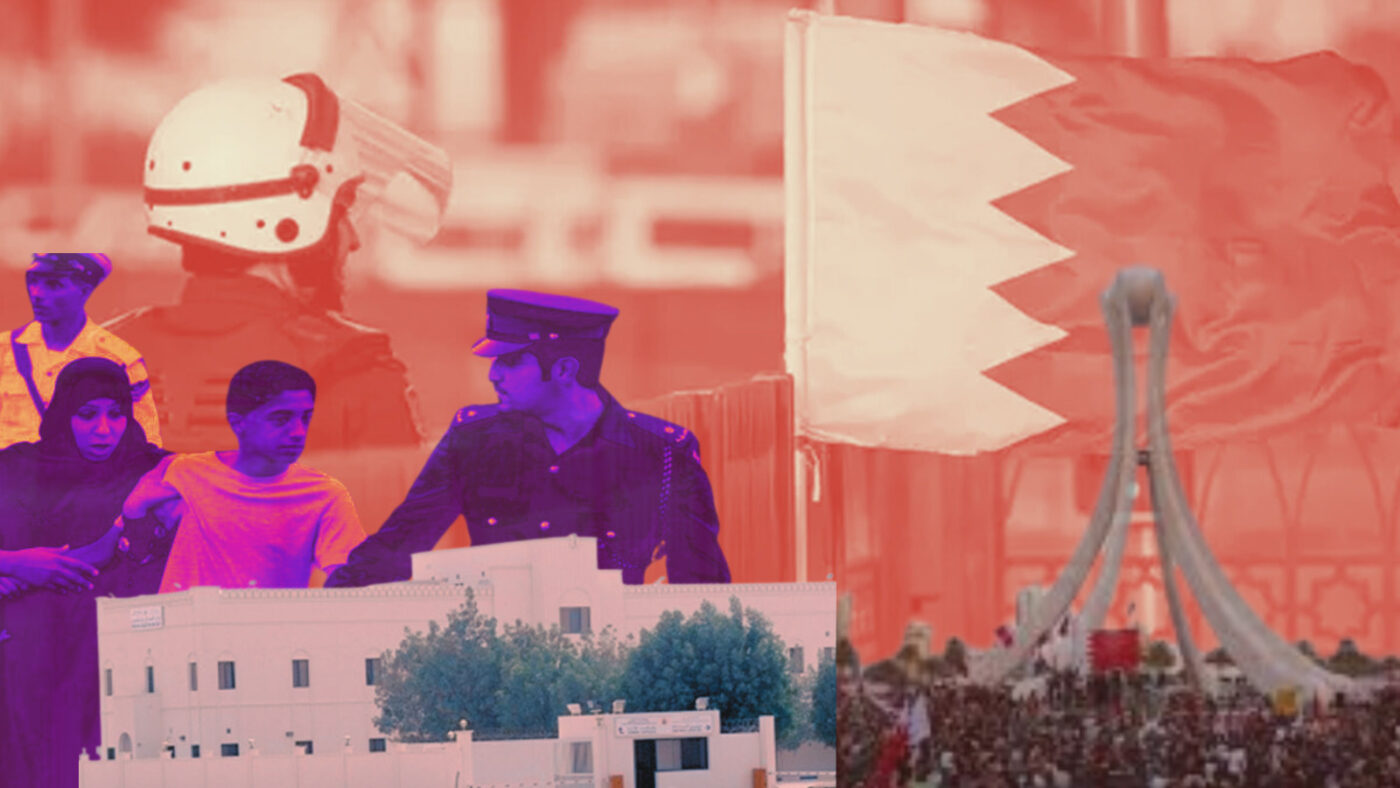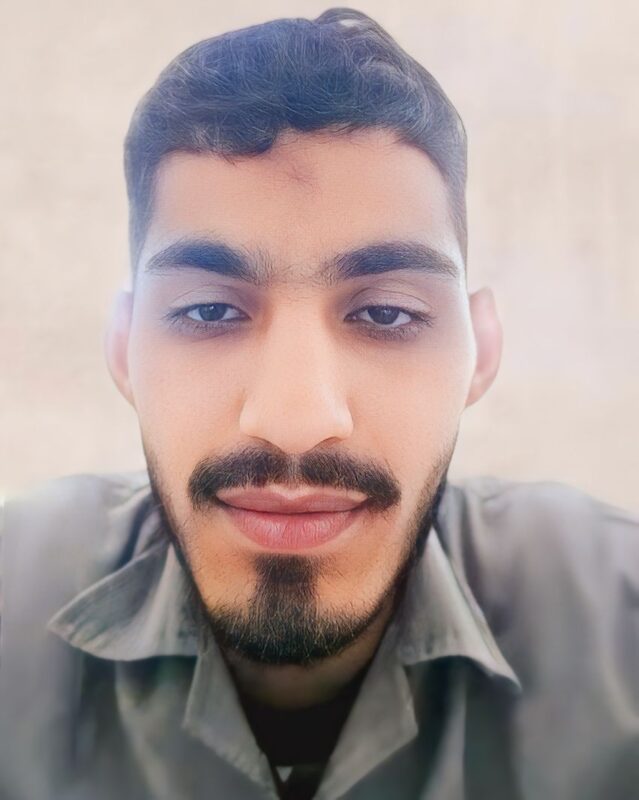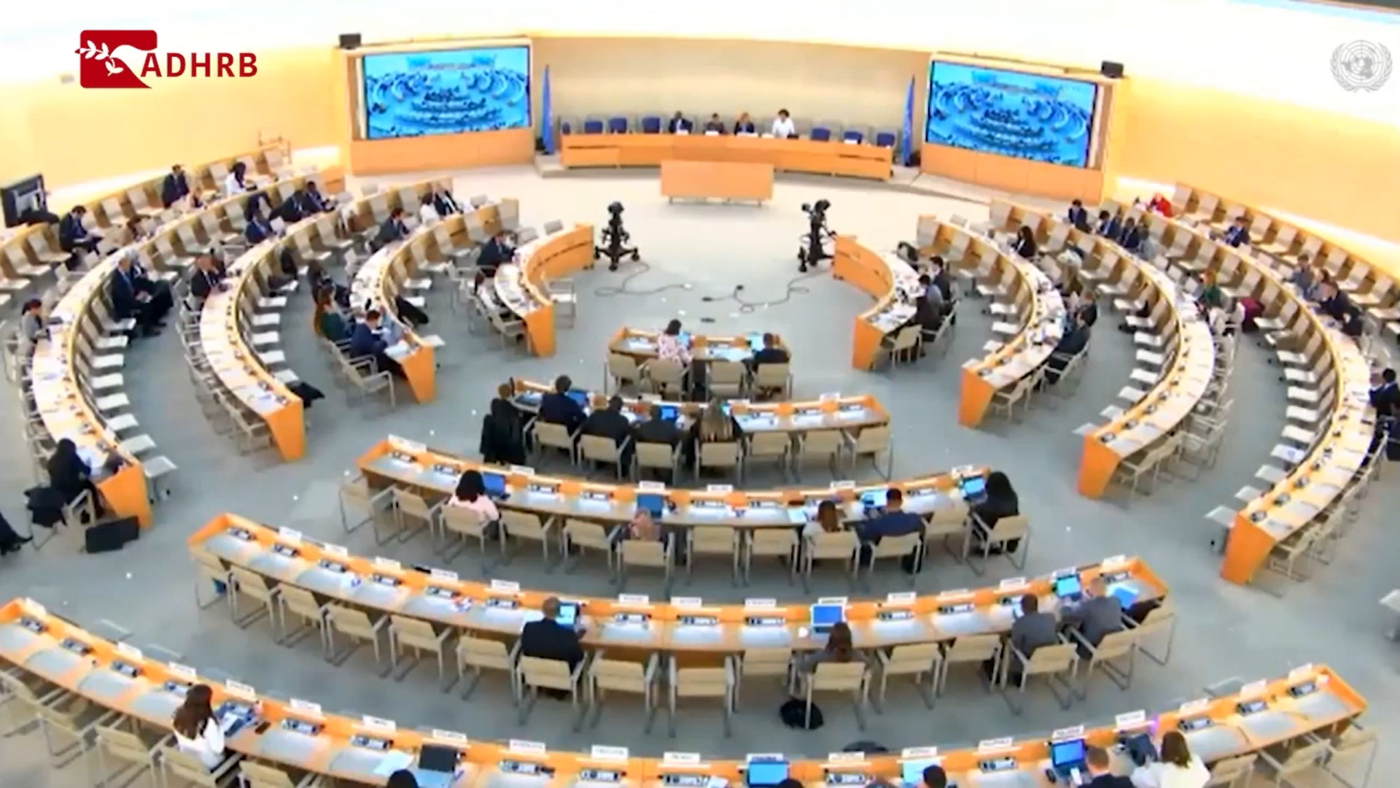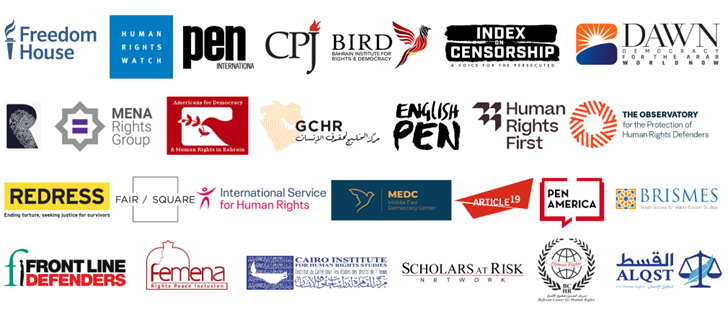Since the beginning of the popular movement demanding reform and democracy in Bahrain in 2011, the government has suppressed all forms of peaceful movements by all means and without any restraint. Repression has become a prevailing approach in the country, and prisons have been filled with prisoners of conscience, political prisoners, and human rights activists.[…]
Husain Ali Matar was an 18-year-old Bahraini citizen when he was arrested for the final time on 30 October 2022 without a warrant. He was previously arrested on 28 June 2020 when he was a 16-year-old minor student in his second year of middle school and was sentenced to three years in prison following an[…]
Seventy-six million metric tons of oil reserves are located in the Arab Gulf, constituting around 66% of the global reserves. Oil represents a prominent source of income in the Middle East, proven by the increased production during the last decades. From 1980, oil production passed from 11 million barrels per day to 18 million. The[…]
Americans for Democracy & Human Rights in Bahrain (ADHRB) participated in the 55th session of the United Nations Human Rights Council, held from 26 February and 5 April 2024. During these sessions, the organization delivered seven oral interventions under five items, shedding light on various human rights violations in Bahrain, Kuwait, and occupied Palestinian territories.[…]
After a thousand days of his hunger strike, Americans for Democracy & Human Rights in Bahrain, along with 27 other human rights organizations, joined their voices in calling for the immediate and unconditional release of prominent human rights defender Dr. Abduljalil Al-Singace. We, the undersigned, call your immediate attention to the deteriorating health of award-winning[…]









